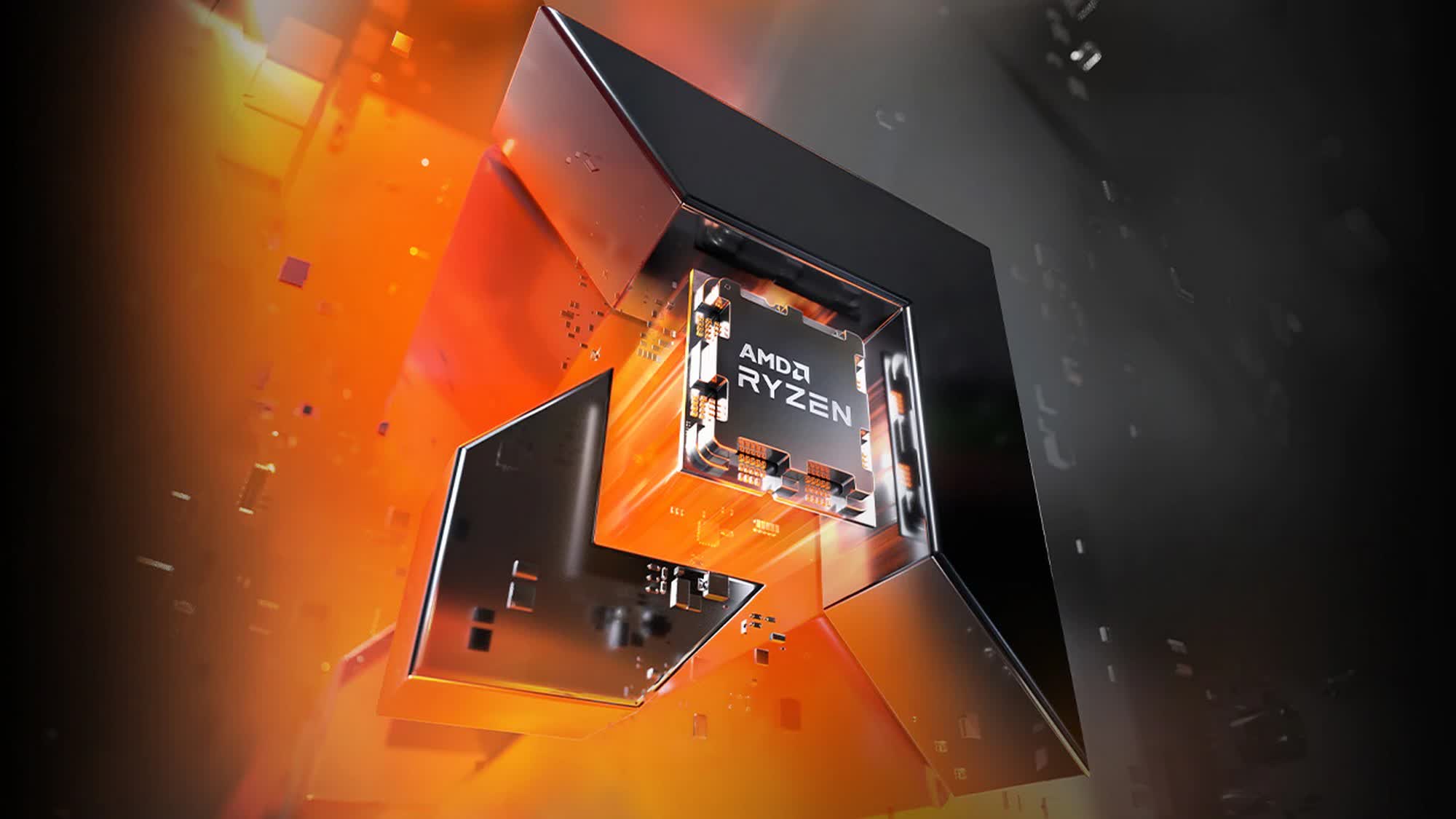What just happened? The creator and lead developer of the Linux kernel, Linus Torvalds, has expressed his frustration with AMD's Firmware Trusted Platform Module 'fTPM.' In a recent mailing list for the open-source kernel, Torvalds described the fTPM as 'crud' and suggested that the best thing to do would be to disable it for hardware random number generation. He also urged fellow Linux developers to use the CPU RDRAND instruction for the same task(s) because it doesn't cause the same issues as fTPM.
In a characteristically outspoken manner, Torvalds told his colleagues to "disable the stupid fTPM HWRND thing" since the fixes that have been rolled out have largely been ineffective. As for switching to RDRAND, Torvalds observed that it can be relatively slower than fTPM, but said he'd still prefer it because it will at least be stutter-free.
Torvald's outburst comes months after reports emerged that the fTPM random number generator has an annoying bug that affects both Windows and Linux users. While the issues with Windows systems were reported as early as last year, the problems with Linux emerged back in February. The kernel patch that followed apparently did not fully fix the buggy firmware, resulting in the problems persisting for some users.

The main problem is a stuttering issue that seems to affect PCs powered by a range of Ryzen processors. It was thought to have been addressed earlier this year with the introduction of a workaround baked into Linux 6.3-rc2, and the fix was also backported to earlier kernels. However, some of the problems have persisted, with users still reporting stuttering issues on recent Ryzen systems.
The latest trigger for Torvalds, however, seems to have been a new bug report that suggests the problem affects AMD's Rembrandt CPUs, even when running the latest firmware. Some users have also since contacted Asus for a BIOS update to disable the fTPM, just so they can get rid of the annoying stuttering. Many are also questioning whether it was a good idea to enable the feature globally for everyone in the first place without a kernel parameter to disable it just in case of situations like this.
It's not immediately clear what AMD is doing to address the issue, but we'd hope that Torvalds' direct involvement would serve as a catalyst for the company to take this bug seriously and address it as soon as possible.
